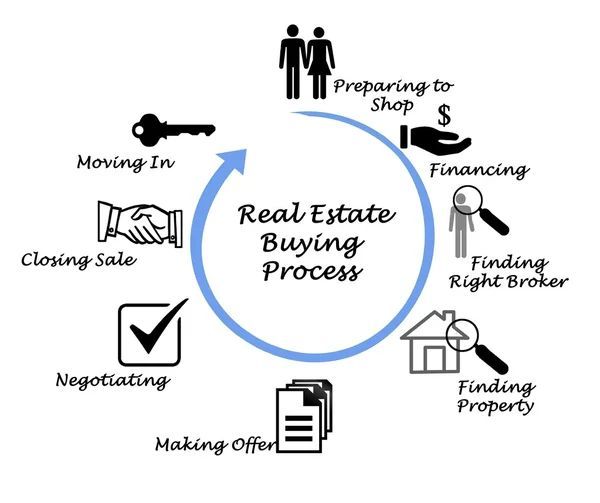By Jack Doerr
•
July 4, 2024
Commercial Real Estate: A Quick Guide Commercial real estate (CRE) refers to properties used for business purposes, such as offices, retail spaces, industrial properties, and multi-family housing. Here's a brief overview of the essentials. Types of Commercial Real Estate Commercial real estate includes various property types. Office buildings house corporate offices and coworking spaces, making them ideal for companies looking for office space for lease. Retail spaces encompass shopping malls and standalone stores, reflecting trends in the retail property market. Industrial real estate includes warehouses and manufacturing plants, critical for logistics and production. Multi-family housing refers to apartment buildings and condominiums. Special purpose properties, such as hotels, schools, and medical facilities, serve specific business needs. Benefits of Investing in Commercial Real Estate Investing in commercial real estate offers several advantages. It typically provides higher rental income compared to residential properties, enhancing your revenue potential. Additionally, it diversifies your investment portfolio, reducing overall risk. Commercial leases are usually long-term, ensuring stable and predictable income. Over time, these properties can appreciate significantly, especially in prime locations. Investors also benefit from various tax advantages, including deductions on mortgage interest and property depreciation. Key Considerations When investing in commercial real estate, several factors are crucial: - Location: Prime areas attract higher rents and quality tenants. - Market Research: Understand commercial real estate trends and economic indicators that can influence your investment. - Property Condition: Assess the physical condition to avoid unexpected maintenance costs. - Financing: Explore different financing options, such as commercial real estate loans and traditional mortgages, to find the best fit for your financial situation. - Reliable Tenants: Ensure your tenants are stable businesses, as they provide consistent rental income. - Legal Aspects: Review zoning laws, property taxes, and lease agreements to protect your investment. Tips for Success Success in commercial real estate requires building a strong network. Connect with commercial real estate brokers, property managers, and other industry professionals who can offer valuable insights and opportunities. Stay informed about market trends, economic forecasts, and regulatory changes to make well-informed decisions. Focus on tenant retention by providing excellent service and maintaining good relationships, as high tenant turnover can be costly. Consider hiring a professional property management company to streamline operations and improve property performance. Conclusion Commercial real estate offers lucrative opportunities for investors willing to conduct thorough research and planning. By understanding the different types of CRE, the benefits, and key considerations, you can make informed decisions and maximize your returns. Ready to explore commercial real estate? Contact us for expert advice and the latest market insights. We're here to help you make the best investment decisions for your future.








